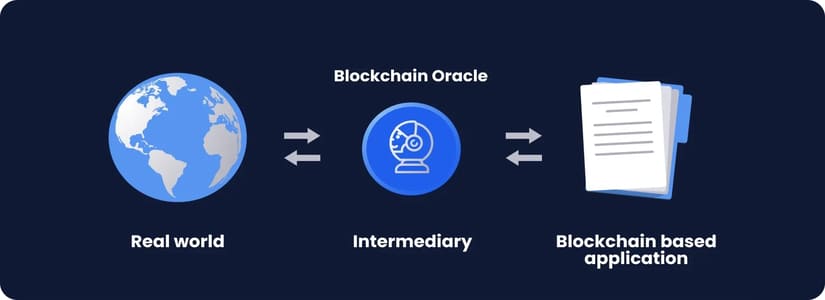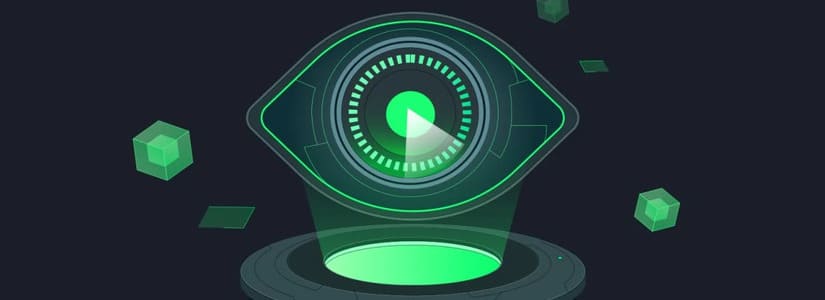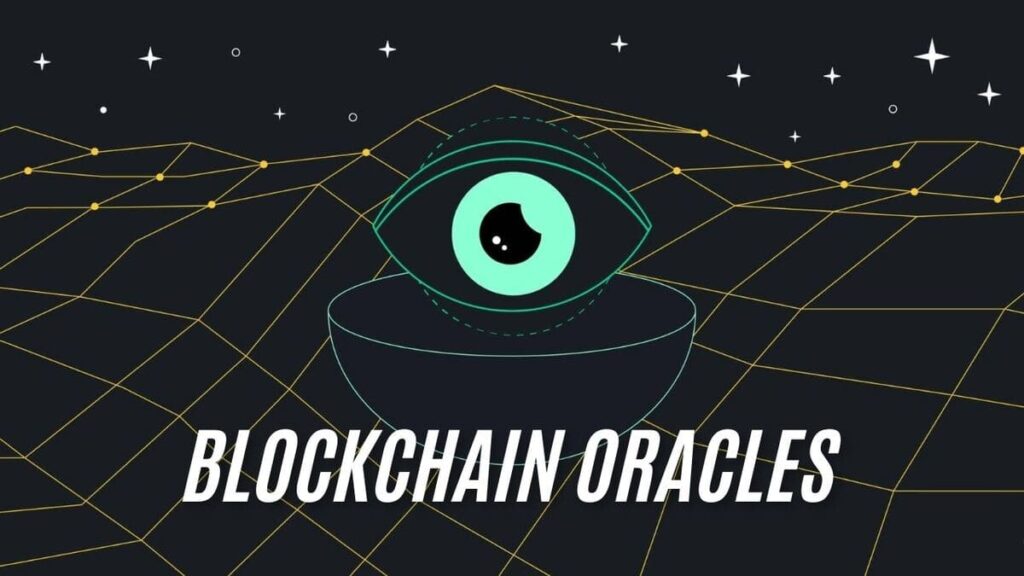TL;DR
- Oracles enable the execution of smart contracts through real-world data, but their reliability raises concerns about transaction security.
- Decentralized oracles use independent nodes to collect and verify data, increasing transparency and reducing the risk of manipulation.
- Despite their advantages in efficiency and automation, they face challenges related to implementation, costs, and security vulnerabilities.
Oracles have become fundamental components of the blockchain ecosystem, playing a key role due to their ability to provide real-world data that allows for the execution of smart contracts.
However, the growing dependence on these mechanisms raises questions about their reliability and the impact they can have on the security and integrity of transactions on the blockchain. Their reliability has become a vital topic for trust in the platforms that use them, especially in economic and cybersecurity contexts.
Centralized and Decentralized Oracles
Decentralized oracles, in particular, have been designed to mitigate the problems presented by their centralized counterparts. The latter often rely on single data sources that, while they may be quick and easy to implement, are vulnerable to manipulation and errors. Data manipulation in prediction markets can have severe consequences, leading to inaccurate outcomes and poor decisions based on incorrect information. In contrast, decentralized ones use a network of independent nodes to collect and verify data, eliminating the risk of a single point of failure and significantly reducing the likelihood of manipulation.

Another key aspect of decentralized oracles is the transparency they offer. Centralized often lack clear mechanisms that allow users to verify the authenticity of the data. This results in a lack of trust in the system. Conversely, decentralized ones record their data verification processes on the blockchain, allowing users to transparently verify the origin and accuracy of the information. This increases user confidence and improves the quality of the data used in transactions.
Reliability and Efficiency
Moreover, the automation enabled by decentralized oracles contributes to market efficiency. While centralized oracles require manual intervention to update data, decentralized oracles can automate the collection and verification of information in real-time, allowing for more agile and error-free operation. This capability to provide instant updates is essential in markets where precise information is crucial.

The Problems: Time and Costs
However, despite the advantages they offer, decentralized oracles have some barriers to overcome. The implementation and maintenance of these systems can be complex and costly. Reaching a consensus on the validity of data in the oracle network can take time, which could affect the speed of prediction markets. Additionally, although decentralization reduces vulnerability to external attacks, the oracles themselves may still be susceptible to security threats and network failures.
Oracles play a crucial role in the functioning of blockchain, especially in applications that require real-world data. It is essential to develop robust mechanisms to address the security and complexity challenges associated with their use. Their reliability not only influences their own performance but also affects the overall trust in the platforms that integrate them










